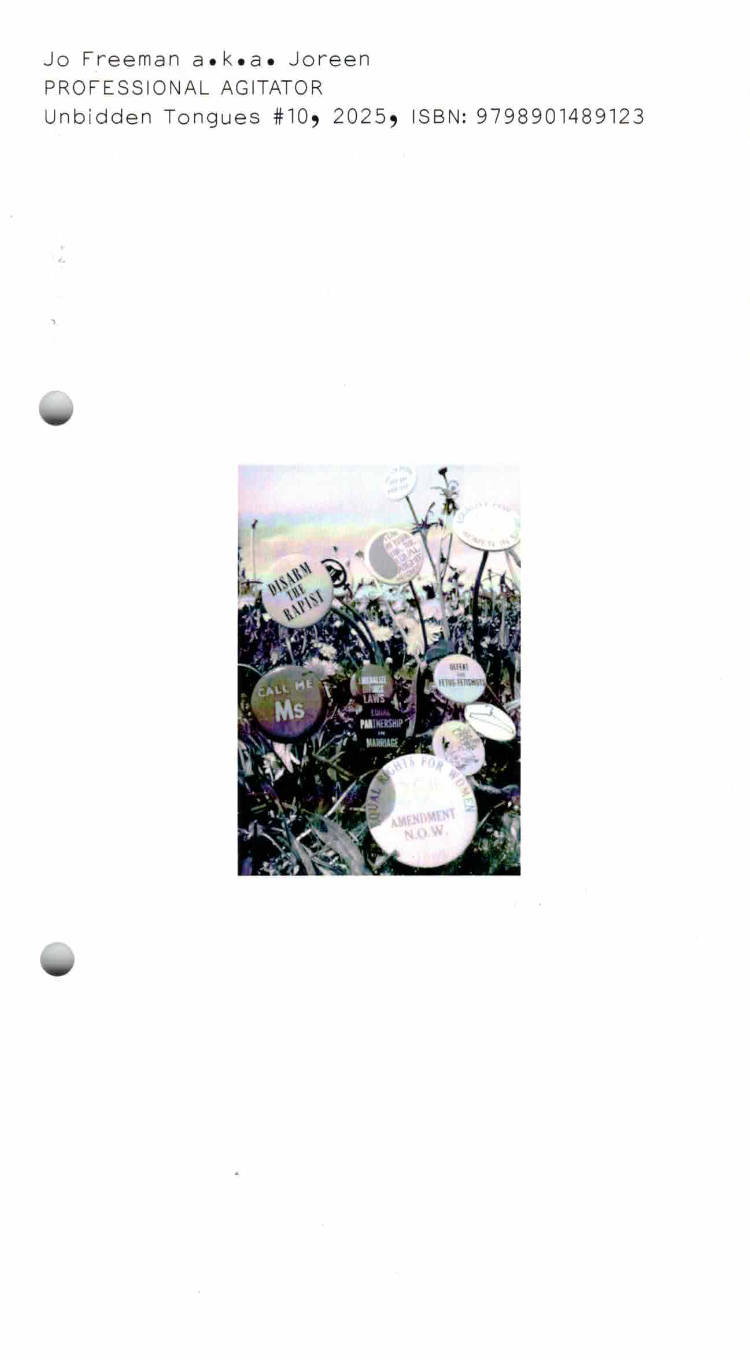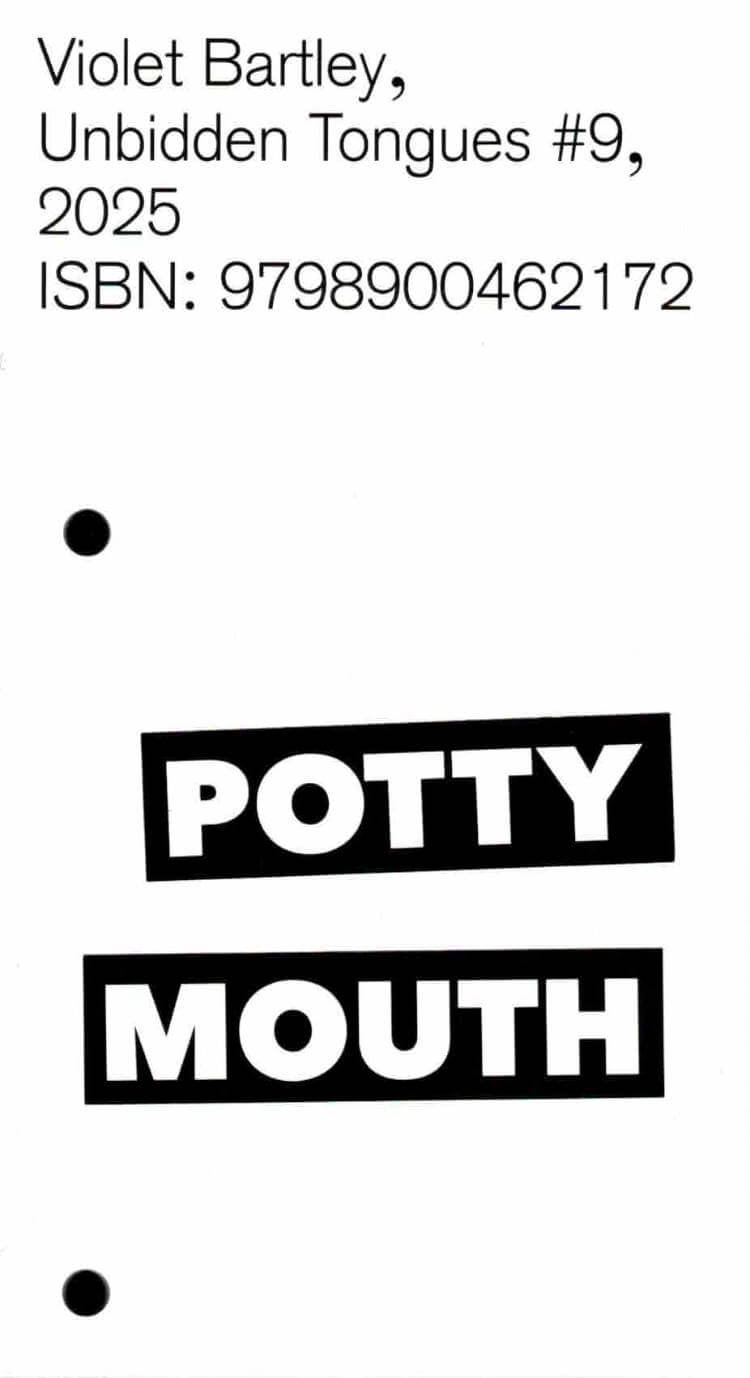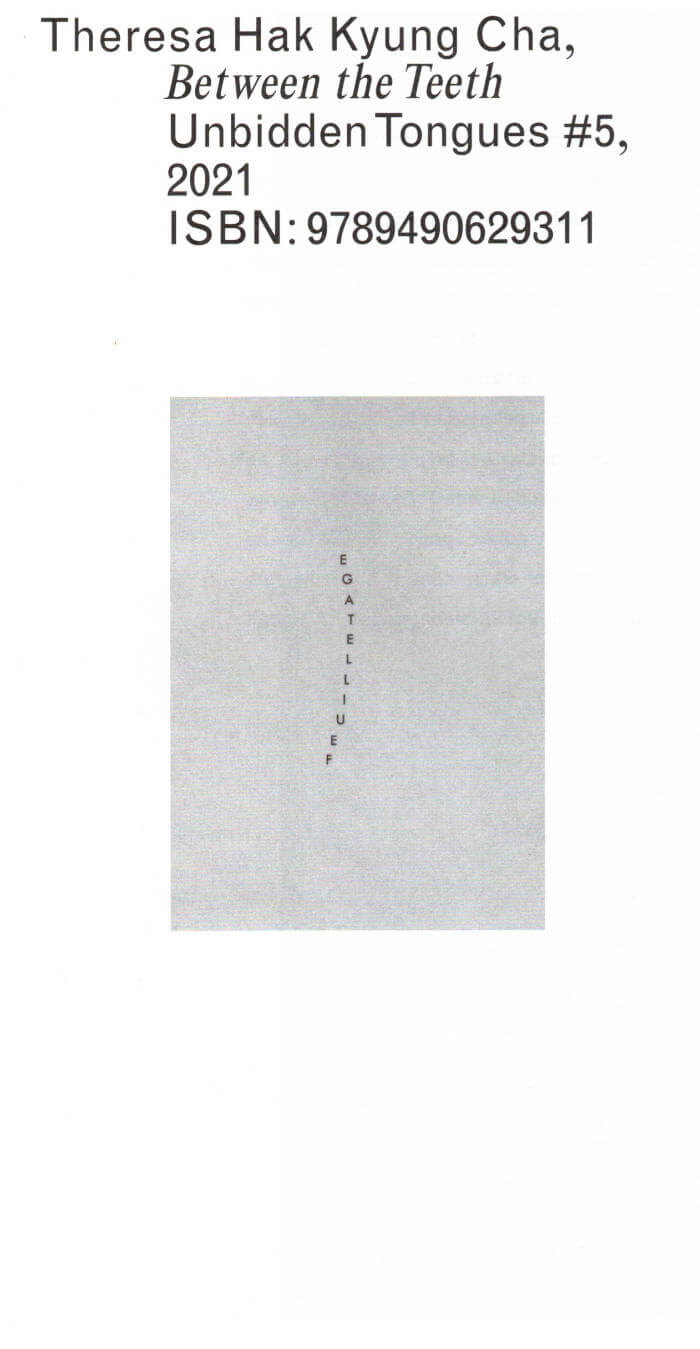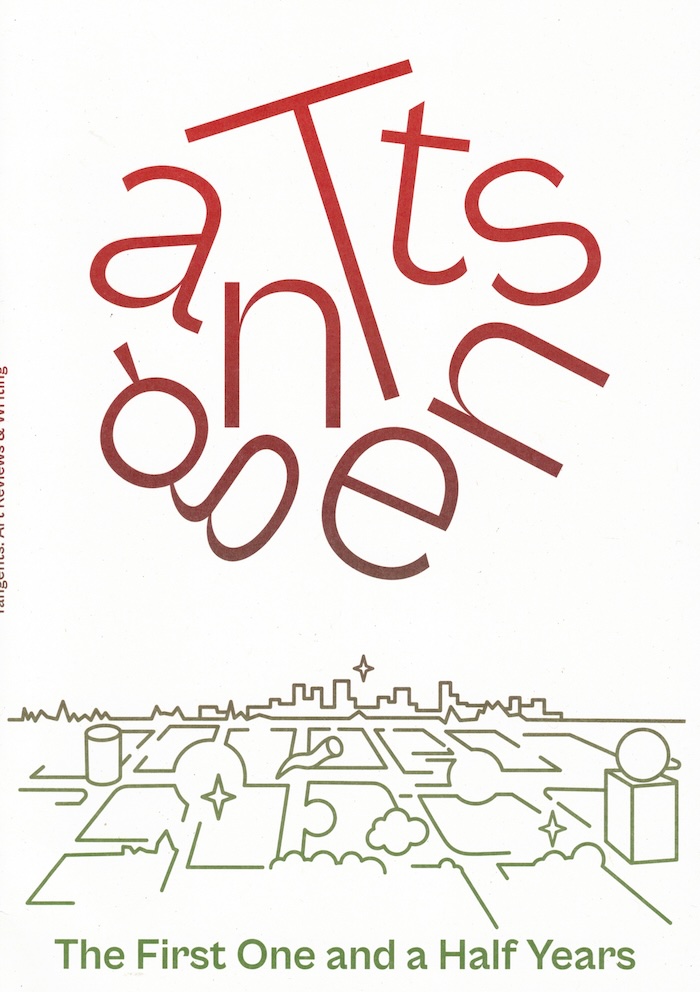
Cutting Out Reading the New York Times
Produced on the occasion of the event Unbidden Tongues #6: Cutting Out Reading the New York Times, Saturday, April 9 from 4-6pm. The event unfolded over a newly conceived spoken-word version of Lorraine O’Grady’s collage series Cutting Out the New York Times. The initial work consists of 26 “cut-out” or “found” newspaper poems that O’Grady made on consecutive Sundays from June to November in 1977.
It is the sixth title from Unbidden Tongues, a series edited by Isabelle Sully that focuses on previously produced yet relatively uncirculated work by cultural practitioners busy with questions surrounding civility and civic life—particularly so in relation to language.







